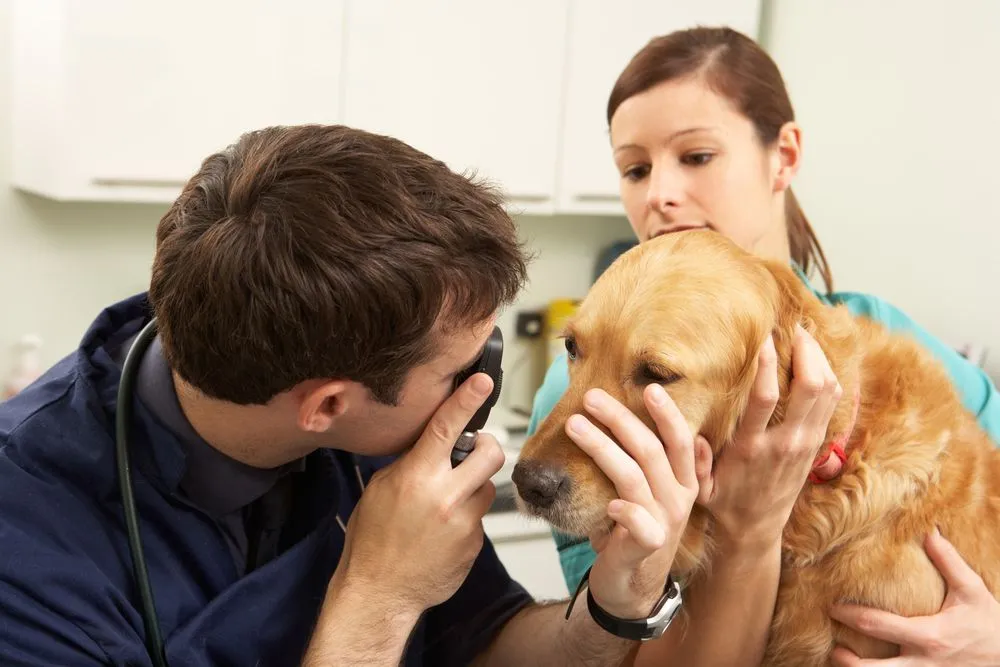The rapid advancements in veterinary medicine are revolutionizing the way pet healthcare is approached, with cutting-edge diagnostics playing a pivotal role. As pet owners increasingly view their furry companions as members of the family, the demand for sophisticated healthcare solutions continues to rise. Today, advanced diagnostic tools are at the forefront of this evolution, enabling veterinarians to detect and treat ailments with unprecedented accuracy and speed. One of the most transformative innovations in pet healthcare is the introduction of imaging technologies like digital radiography, MRI, and CT scans. These tools provide high-resolution images of animals’ internal structures, allowing veterinarians to pinpoint conditions that might otherwise go unnoticed. Digital radiography, for instance, eliminates the need for traditional film and offers immediate results, facilitating quicker diagnoses. This technology is particularly beneficial in emergency situations, where time is of the essence.

CT scans and MRIs, on the other hand, are invaluable for diagnosing complex neurological or orthopedic conditions. Their precision enables vets to create tailored treatment plans, leading to better outcomes. Another game-changer in veterinary diagnostics is the rise of molecular and genetic testing. With advancements in genomics, veterinarians can now perform DNA tests to identify breed-specific genetic conditions or susceptibilities in pets. These tests can detect hereditary disorders before symptoms appear, Manhattan animal clinic allowing for early interventions that may extend a pet’s lifespan. Additionally, molecular diagnostics, such as polymerase chain reaction PCR testing, help identify infectious diseases with remarkable precision. This is particularly useful in diagnosing zoonotic diseases that can transfer between animals and humans, ensuring both pets and their owners remain safe.
Point-of-care diagnostic devices are also gaining popularity. These portable devices allow veterinarians to perform blood tests, urinalysis, and other essential screenings right in their clinics, providing results in minutes rather than days. The immediacy of these results enables quicker decision-making, especially in critical cases, where a delay in diagnosis could be fatal. Moreover, wearable technology for pets, such as smart collars, is increasingly being used to monitor vital signs like heart rate, temperature, and activity levels. This continuous monitoring helps detect abnormalities early, before they escalate into serious health issues. The integration of artificial intelligence AI in diagnostics is another exciting development. AI-powered software can analyze vast amounts of data from diagnostic tests, offering veterinarians insights that human analysis might overlook. This technology can even predict disease progression, helping vets make more informed treatment decisions. cutting-edge diagnostic tools are reshaping pet healthcare, offering more accurate, timely, and personalized care. As technology continues to evolve, the future holds even greater promise for enhancing the quality of life for pets and ensuring they receive the best possible treatment.